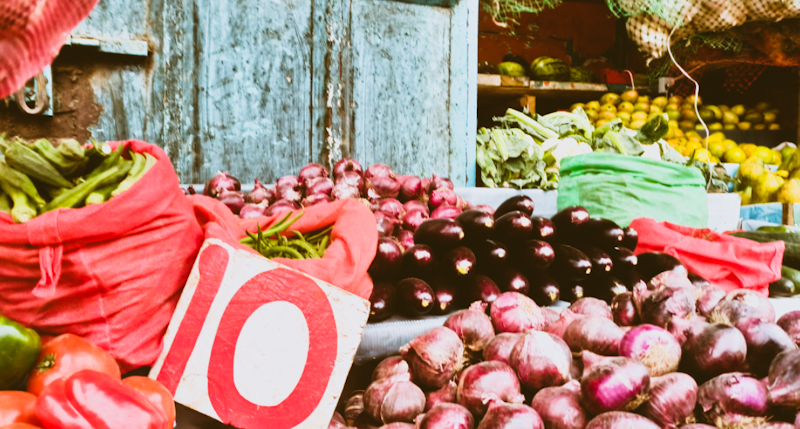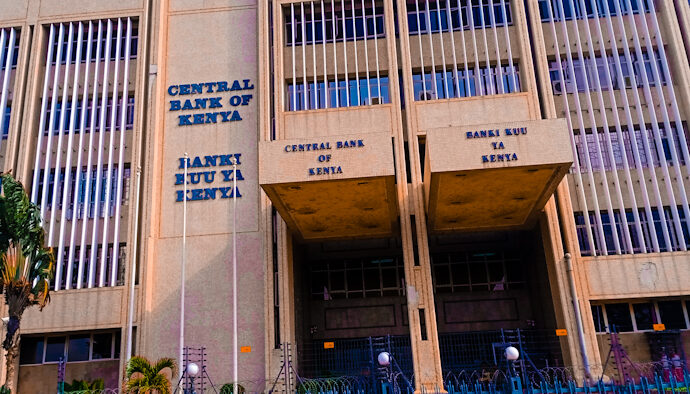Kenya’s annual inflation rate as measured by the Consumer Price Index (CPI) fell to 4.6% in June 2024, the lowest level since September 2020, according to the Kenya National Bureau of Statistics (KNBS).
The June data marks a decline from 5.0% in May 2024.
According to KNBS, food price inflation dropped to 5.6% in June from 6.2% in May, driven by significant decreases in the prices of key staples like maize flour (33%), sugar (17.7%), and wheat (10%).
In addition, fuel inflation also declined to 6.4% from 7.8% in May, reflecting lower international oil prices and a stable exchange rate. However, electricity prices rose by 5.3-6.8%.
Core inflation, which excludes food and fuel prices, remained steady at 3.4%, indicating that underlying price pressures remain. The prices of some vegetables, such as kale, spinach, and cabbage, surged in June.
“This means that the general price level in June 2024 was 4.6 per cent higher than that of June 2023. The price increase was mainly driven by the rise in prices of commodities under Transport (7.7 per cent); Food and Non-Alcoholic Beverages (5.6 per cent); and Housing, Water, Electricity, Gas and other fuels (3.1 per cent) between June 2023 and June 2024. These three divisions account for over 57 per cent of the weights of the 13 broad categories. The inflation rate was 5.0 per cent in May 2024,” KNBS Director-General, MacDonald Obudho said.
Future Outlook
“Into the near term, the trajectory of inflation remains subject to various factors. Firstly, rains from the March-May season appear to yield a good harvest, while the June-August rainfall onset for the Highlands and Western Kenya is forecast at above-average levels, thus sustaining a positive outlook for domestic food inflation,” notes NCBA Inflation Reaction- June 2024.
Monetary Policy Implications
Subsequently, the decline in inflation could provide room for the Central Bank of Kenya (CBK) to ease monetary policy by lowering the Central Bank Rate (CBR) currently at 13.0%.
However, concerns about maintaining a stable exchange rate might lead the CBK to hold the CBR at least until the US Federal Reserve adjusts its rates.





